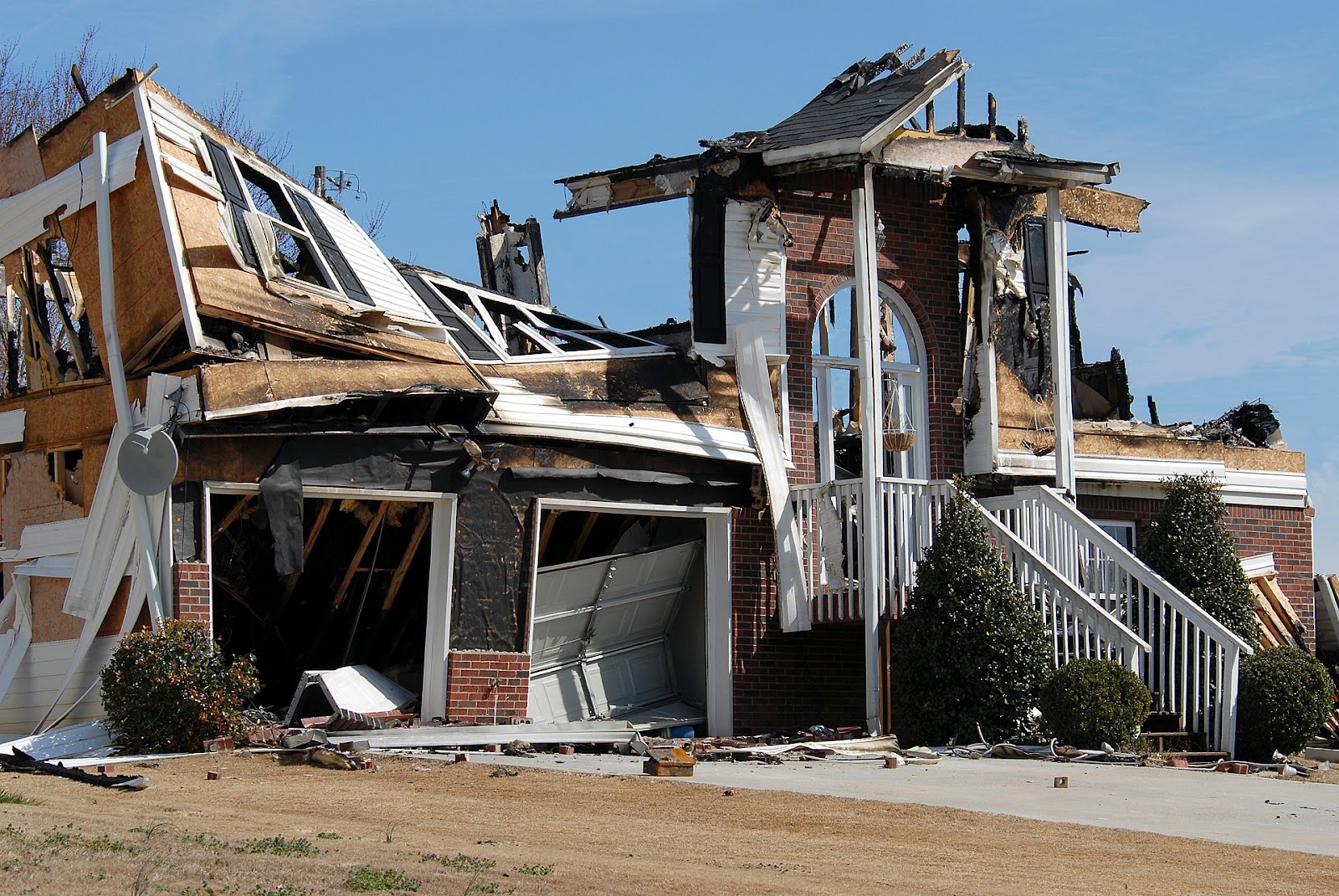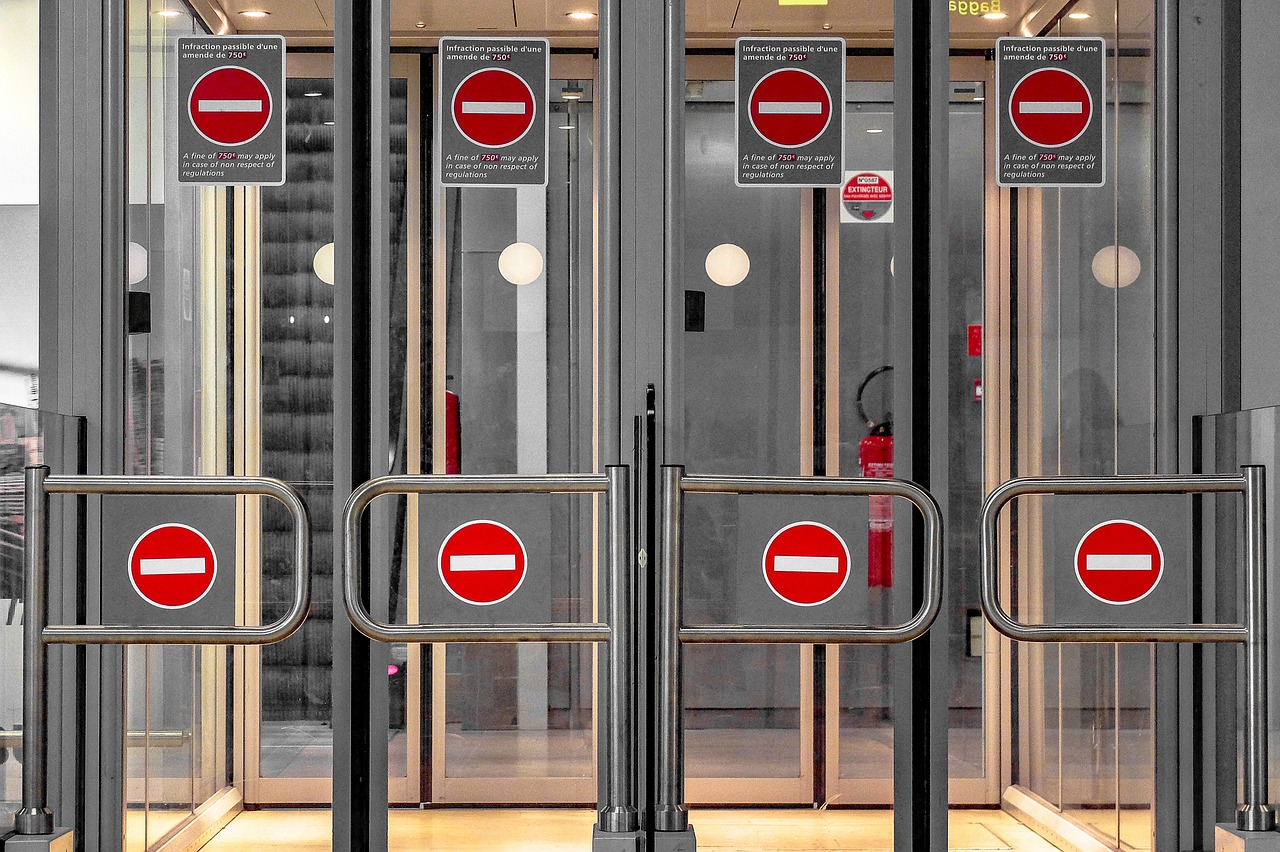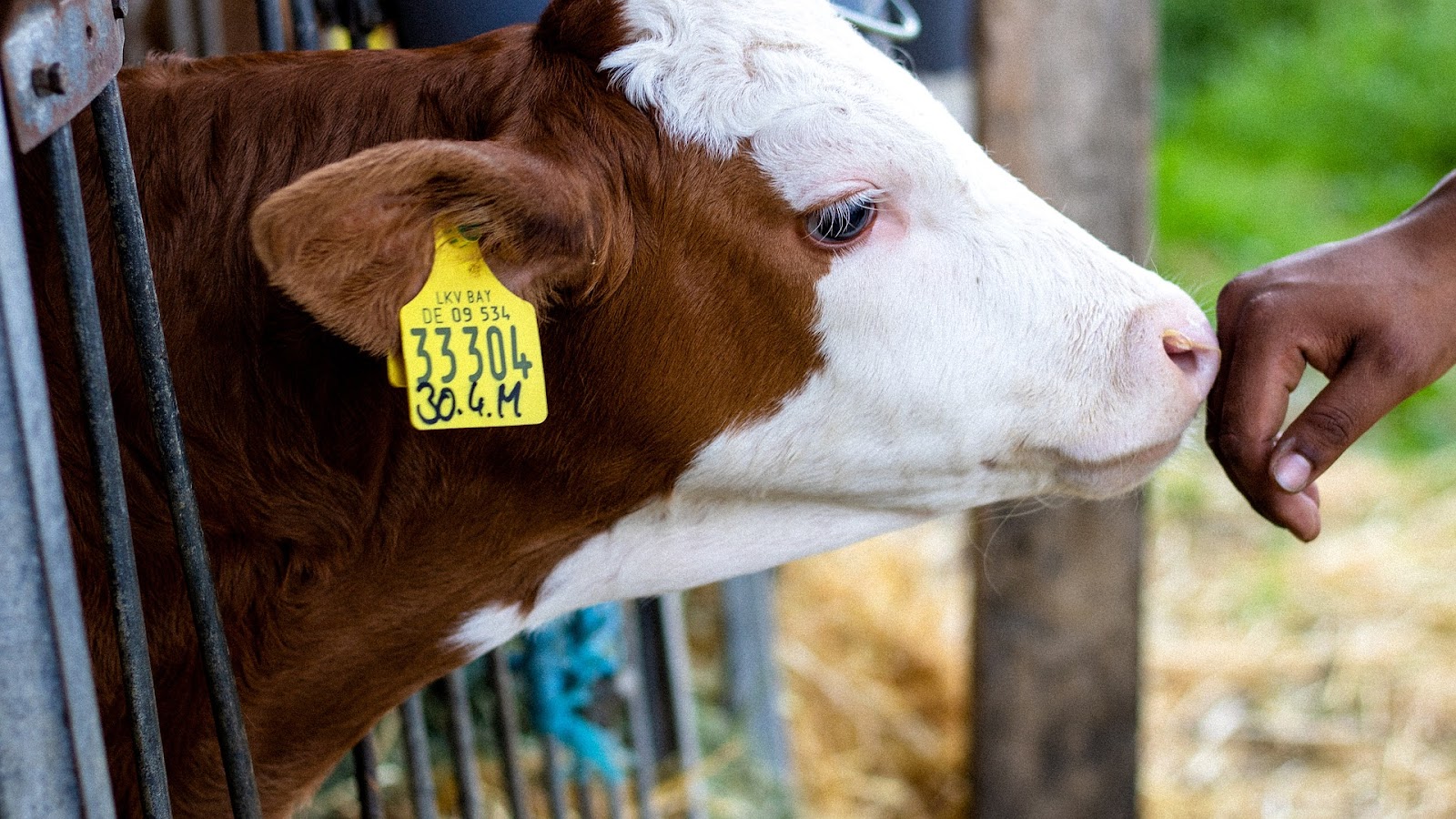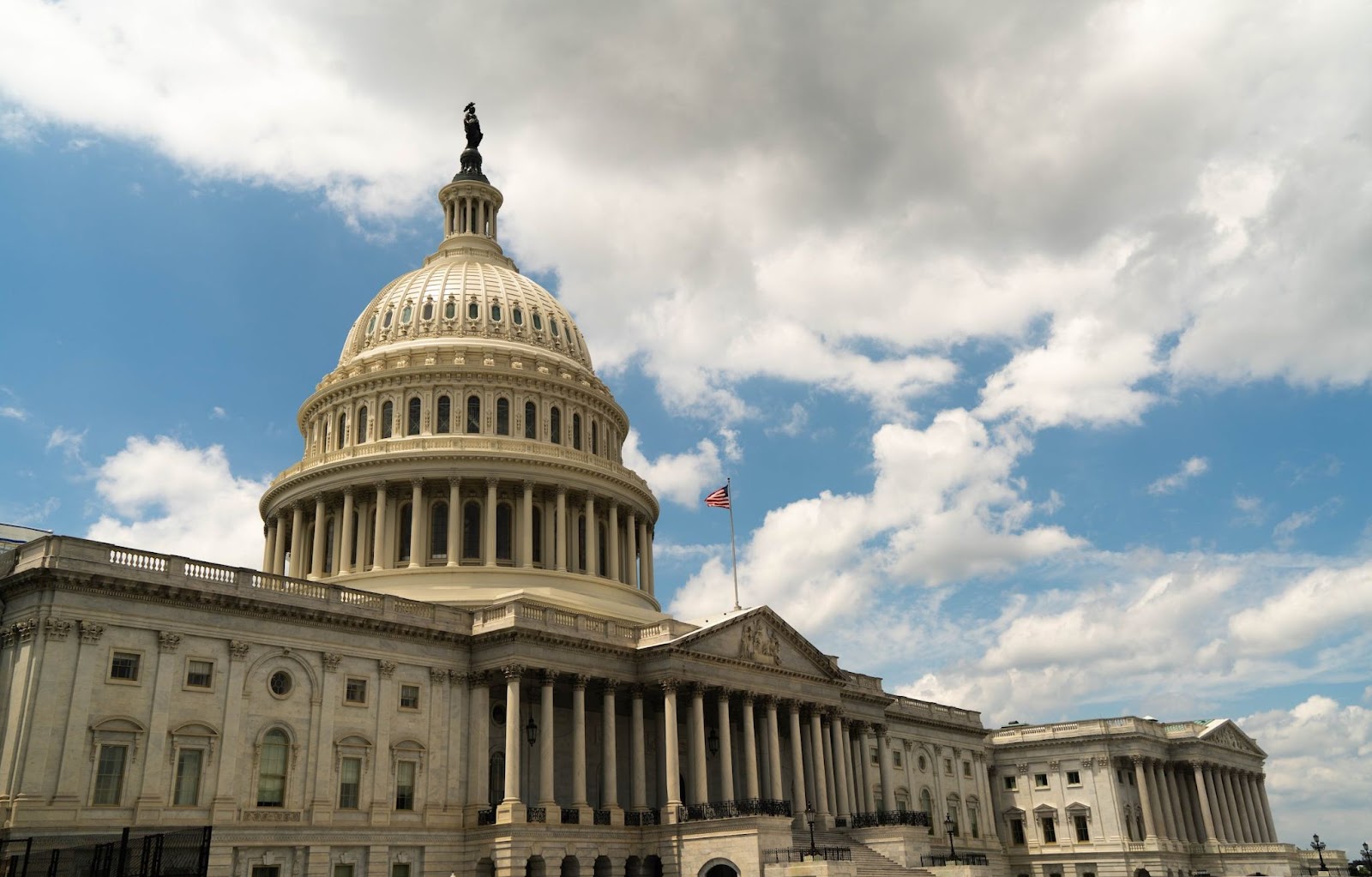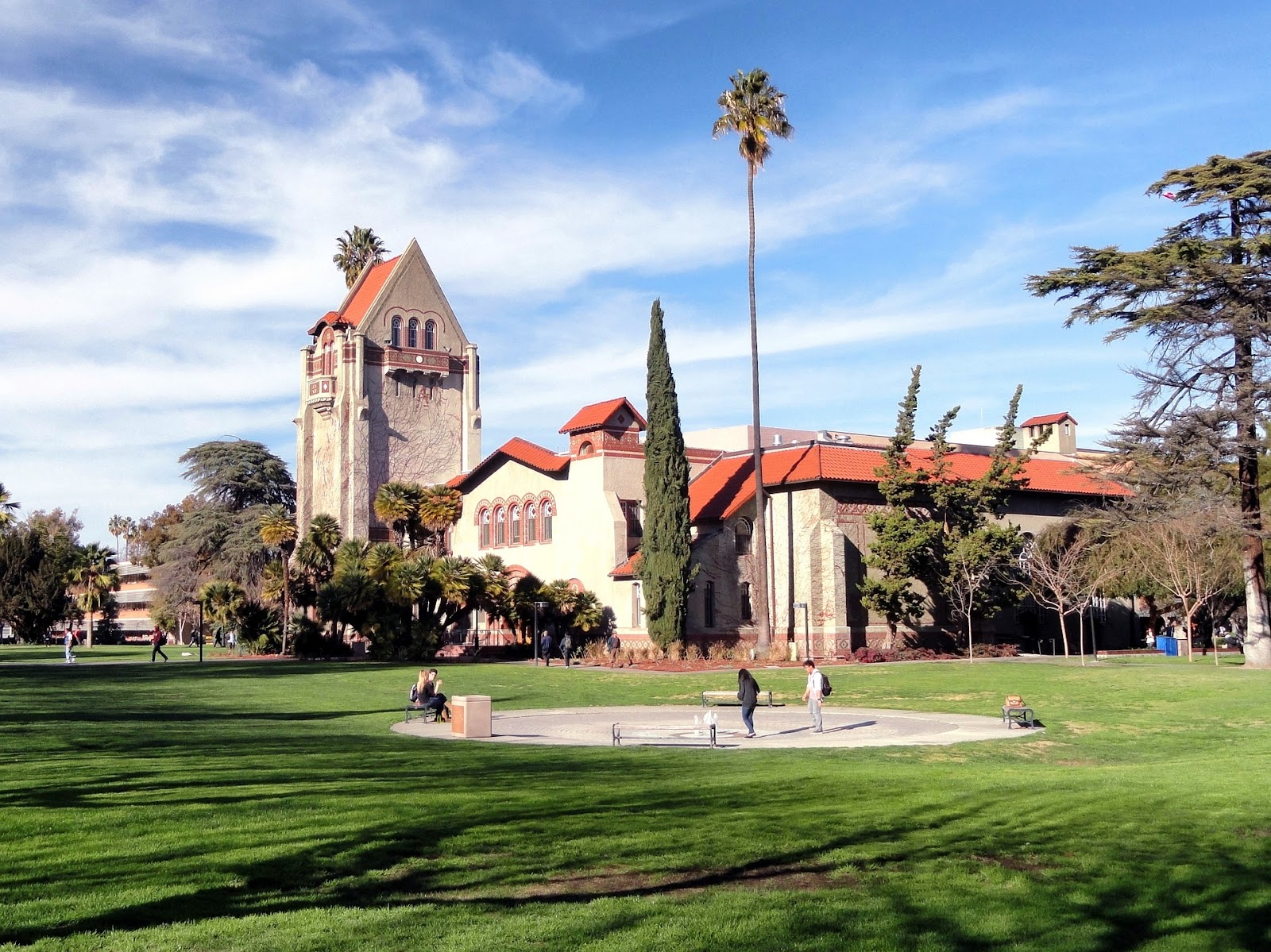Pizza Hut is on the brink of a significant transformation that will reverberate through its workforce, particularly in California. The company is set to undertake substantial layoffs, affecting more than 1,200 delivery drivers across Los Angeles, Orange, and Riverside counties. The move is strategically timed before the enactment of Assembly Bill 1228, a groundbreaking state law that aims to elevate the minimum wage for fast-food workers by an impressive $4, pushing it to a substantial $20 per hour.
Assemblyman Chris Holden, representing Pasadena, is the driving force behind this legislative change. Assembly Bill 1228, championed by Holden, received approval from California Governor Gavin Newsom in September. While this legislative milestone is a commendable effort to uplift the financial well-being of fast-food workers, its repercussions are instigating adaptations within the industry. Pizza Hut franchises, anticipating the forthcoming surge in the minimum wage, are diligently contemplating a shift towards leveraging third-party delivery platforms such as DoorDash, GrubHub, and Uber Eats.
The domino effect of these operational shifts extends beyond Pizza Hut’s direct employees. Another significant player in the Pizza Hut franchise family, Southern California Pizza Co., is preparing to lay off 841 drivers. The decision will impact drivers across various locations, from Sacramento and Palm Springs to Los Angeles, Central California, Southern Oregon, and the Reno-Tahoe area.
The parent company of Pizza Hut, Yum! Brands, which also oversees other fast-food giants like Taco Bell and KFC, has refrained from offering an immediate response to inquiries regarding these workforce adjustments. Yum! Brands, however, has reiterated that its franchisees operate independently, managing their establishments in alignment with local market dynamics and in compliance with all relevant regulations.
Following the minimum wage increase, other major food chains, including Chipotle and McDonald’s, have divulged plans to recalibrate their menu prices. The move is intended to act as a countermeasure, mitigating the impact of the heightened wages in California.
Holden accentuated the positive impact of the impending pay increase on the lives of fast-food workers. According to Holden, this wage hike is anticipated to assist workers with fundamental aspects of their lives, such as providing for their families, meeting transportation needs, and enhancing their quality of life.
Beyond the immediate wage increase, Assembly Bill 1228 brings forth another transformative element—establishing a Fast Food Council. The Fast Food Council represents a collaborative and inclusive approach to addressing concerns raised by employers and the community, all while ensuring the well-being of fast-food workers. With its nine voting members encompassing stakeholders from the fast-food industry, franchisees, employees, and advocates, the council holds the key to shaping the future of fast-food work. Additionally, two non-voting members will act as coordinators, liaising with state authorities to safeguard fast-food workers’ health, safety, and employment.
The Fast Food Council’s responsibilities include formulating comprehensive standards for fast-food workers, covering crucial areas such as wages, working conditions, and training. As this legislative initiative impacts over 550,000 fast-food workers and around 30,000 restaurants across the state, Assembly Bill 1228 has immense potential to transform California’s labor landscape.




























































































